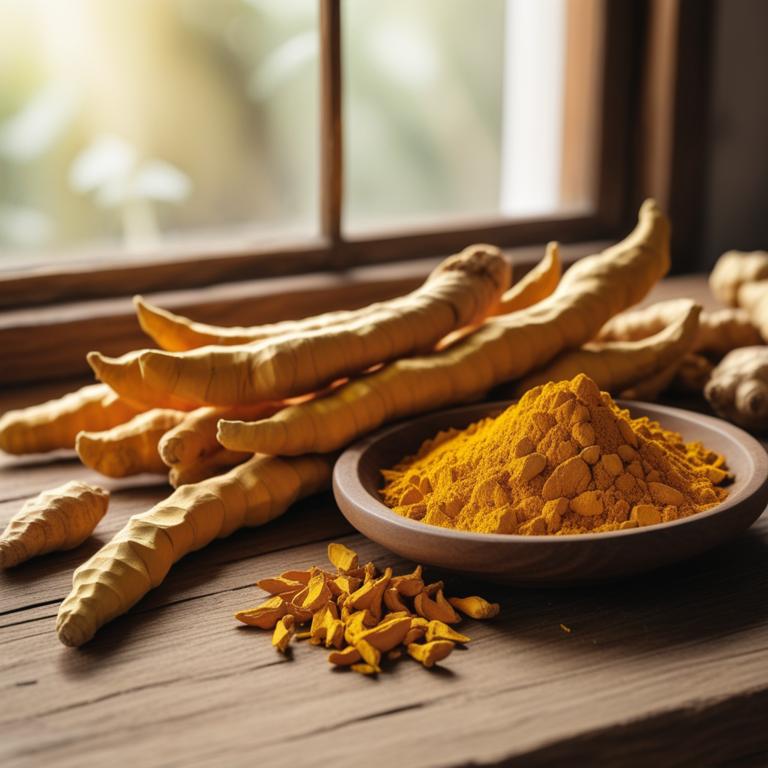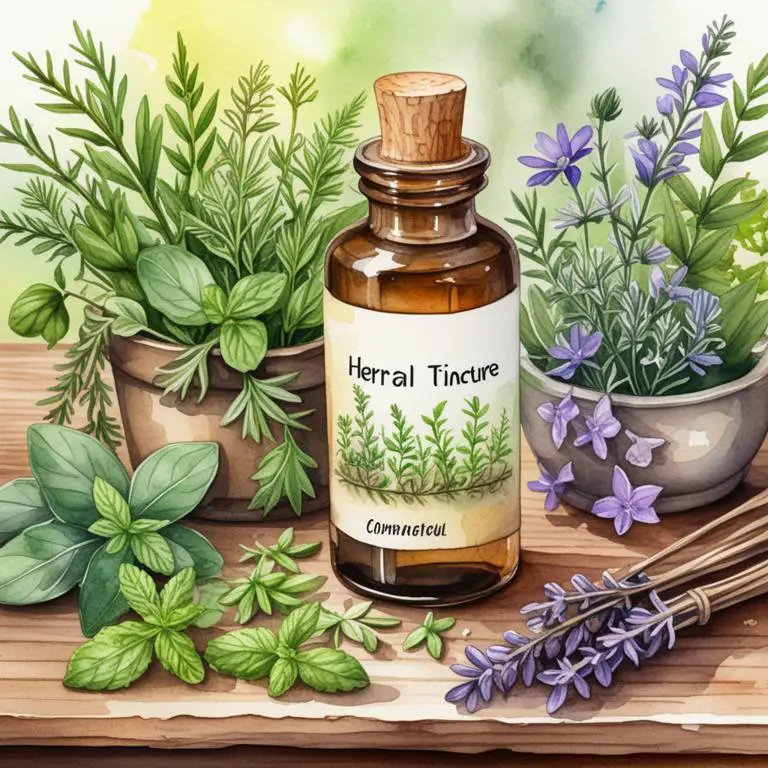Updated: Dec 1, 2024
Indigestion Relief with Medicinal Herbs and Herbal Preparations: A Comprehensive Guide

Indigestion is a common problem where your stomach doesn't digest food properly, causing discomfort, bloating, and heartburn.
It can affect your daily life, making you feel tired, irritable, and uncomfortable after eating. Indigestion often occurs when you eat too quickly, drink too much coffee or alcohol, or eat spicy, fatty, or acidic foods. The causes of indigestion are numerous, but stress, anxiety, and certain medications can also trigger it. If you have a history of acid reflux or stomach ulcers, you're more likely to experience indigestion. Some people may also develop indigestion due to a poor diet, lack of exercise, or certain medical conditions.
Fortunately, herbal remedies can provide relief from indigestion. Herbs like ginger, peppermint, and chamomile have anti-inflammatory properties that soothe the stomach and reduce inflammation. They also help to relax the muscles in the digestive tract, allowing food to pass through smoothly. To use these herbs for indigestion, you can try making a tea by steeping fresh ginger, peppermint leaves, or dried chamomile flowers in hot water. You can also take ginger in the form of capsules or powder, or drink peppermint oil in a carrier oil like coconut or olive oil.
Some herbal supplements, like digestive enzymes, can also help to break down food more efficiently and reduce symptoms of indigestion.
Table of Contents
What induces indigestion in people?
The main causes of indigestion are often related to our eating habits, health conditions, and body reactions.
One common cause is eating spicy food, which can irritate the stomach lining and lead to inflammation. This irritation can cause the stomach to produce excess acid, leading to symptoms like heartburn and discomfort. Another cause is lactose intolerance, a condition where the body can't digest lactose, a sugar found in milk and dairy products. When people with lactose intolerance consume dairy, the undigested lactose can cause gas and bloating, leading to indigestion.
Food allergies are also a common cause of indigestion. When the body reacts to a specific food, it can trigger an immune response, causing inflammation and discomfort in the digestive system. This can lead to symptoms like stomach pain, diarrhea, and indigestion. Gastritis, a condition characterized by inflammation of the stomach lining, is another cause of indigestion. Gastritis can be caused by factors like infection, stress, or long-term use of painkillers, leading to stomach pain, nausea, and indigestion.
In some cases, gastritis can also lead to stomach ulcers, which can cause severe indigestion and discomfort.
What advantages of using herbs exist for indigestion?
Using herbs for indigestion can be really helpful.
One main benefit is that they can calm down the digestive system and reduce discomfort. These herbs work by soothing the stomach muscles and reducing inflammation, which makes it easier to digest food.
Another benefit is that they can help regulate bowel movements and prevent constipation. Some herbs can even help break down food properly, which reduces the risk of indigestion and other digestive problems. Additionally, many herbs have anti-inflammatory properties, which can help heal the stomach lining and prevent further irritation.
This can lead to faster recovery from indigestion and fewer episodes in the long run.
What are the main medicinal herbs effective in alleviating indigestion?

Herbs have been used for centuries to ease indigestion, and for good reason.
Let's take a look at some of the most effective ones. For one, Zingiber officinale, also known as ginger, is a natural anti-inflammatory that helps calm the stomach and reduce nausea. It's especially good at soothing morning sickness and motion sickness. Another herb that's great for indigestion is Foeniculum vulgare, or fennel. It contains a compound called anethole, which relaxes the muscles in the digestive tract and promotes digestion. This means that fennel can help ease bloating and cramps, making it a great choice for people with irritable bowel syndrome.
Licorice root, or Glycyrrhiza glabra, is also a popular remedy for indigestion. Its active compound, glycyrrhizin, has anti-inflammatory properties that can soothe the stomach and reduce inflammation. However, it's worth noting that licorice root should be consumed in moderation, as excessive amounts can cause blood pressure to rise. Mint, specifically Mentha x piperita, is another herb that's great for indigestion. Its cooling properties can help calm the stomach and reduce nausea, making it a popular choice for people with stomach issues. Cinnamon, or Cinnamomum verum, is the final herb on our list. It has been used for centuries to ease indigestion and reduce inflammation in the digestive tract.
Cinnamon contains a compound called cinnamaldehyde, which has anti-inflammatory properties that can soothe the stomach and promote digestion.
What are the top herbal preparations used to treat indigestion?

Herbal preparations can be super helpful for indigestion.
A decoction is a strong liquid made by boiling herbs in water, which can be particularly effective for soothing stomach issues. For example, ginger decoction is great for calming nausea and reducing inflammation in the digestive tract. Herbal teas are another popular choice for indigestion relief. Peppermint tea is a classic example, as it can ease bloating and cramps by relaxing the muscles in the stomach. Ginger tea is also effective, as it has anti-inflammatory properties that can help reduce pain and discomfort. Infusions are similar to teas, but they use cold water instead of hot water.
This method is perfect for delicate herbs that can't handle heat. Chamomile infusion, for instance, is great for calming the stomach and promoting relaxation, which can help alleviate indigestion symptoms. Tinctures are concentrated liquid extracts of herbs, which can be more potent than teas or infusions. Dandelion root tincture is a great example, as it can help stimulate digestion and reduce bloating. However, tinctures should be taken in small amounts and under the guidance of a healthcare professional. Finally, salves are topical creams or ointments that can be applied directly to the stomach area to provide relief from indigestion. Aloe vera salve, for example, can soothe and calm the stomach lining, reducing inflammation and discomfort.
These herbal preparations have been used for centuries to alleviate indigestion symptoms, and they can be a great alternative to over-the-counter medications.
Additional Resources:
What herbs may exacerbate indigestion in some individuals?
If you have indigestion, it's best to limit or avoid using herbs that can irritate your stomach even more.
Capsicum annuum, for example, is the common red pepper, which contains capsaicin - a spicy compound that can cause heartburn and worsen indigestion. Piper nigrum, on the other hand, is black pepper, which, although commonly used in food, can also irritate the stomach lining.
Capsicum frutescens and Capsicum chinense are other types of hot peppers that contain similar compounds to Capsicum annuum. These peppers can cause discomfort and pain in the stomach, making your indigestion worse. Rauvolfia serpentina, also known as snake root, is used to treat high blood pressure but it can also slow down digestion and cause stomach upset.
When you have indigestion, it's essential to be gentle with your stomach and choose herbs that won't irritate it further.
FAQ
Are there any specific herbs that can prevent indigestion?
Ginger has natural anti-inflammatory properties that help soothe the stomach and prevent indigestion.
It can be consumed as tea, added to food, or taken as a supplement. Peppermint oil can also relax the muscles in the digestive tract, reducing discomfort and nausea.
These herbs can provide relief from indigestion symptoms.
Is it safe to use herbal remedies for indigestion during pregnancy?
If you're pregnant and experiencing indigestion, some herbal remedies might help.
However, be cautious when using them as they can affect the baby's health. Peppermint and ginger are often considered safe, but only in small amounts.
It's essential to check the ingredients and follow the recommended doses carefully.
Are there any herbs that can reduce the frequency of indigestion?
Ginger has been used for centuries to help with indigestion.
It's believed to calm the stomach and reduce inflammation. Some people also find relief with peppermint, which can ease digestion and reduce discomfort.
These herbs may help reduce the frequency of indigestion, but their effectiveness can vary from person to person.
Related Articles
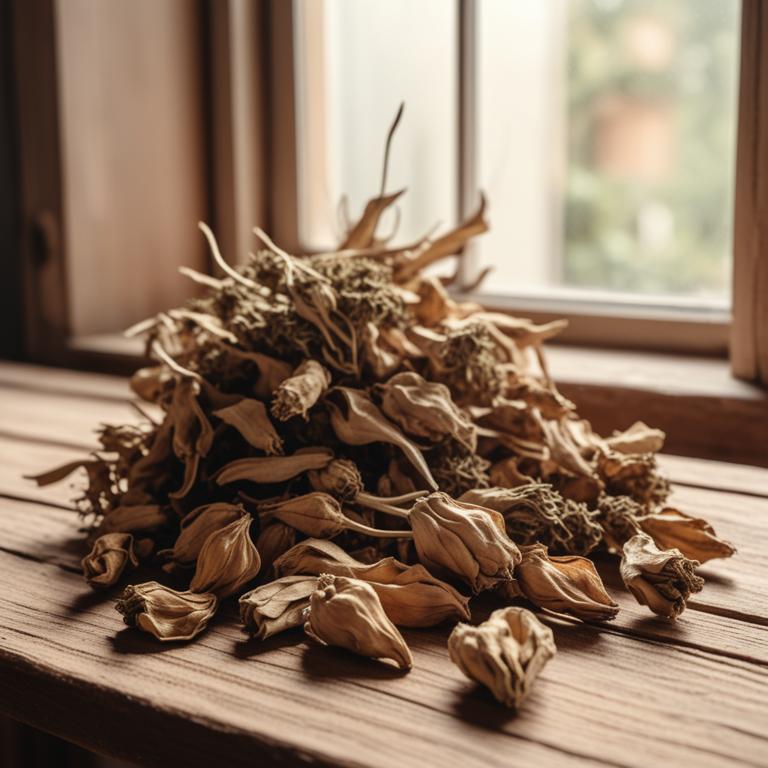
Irritable Bowel Syndrome: Understanding the Causes and Using Medicinal Herbs for Relief
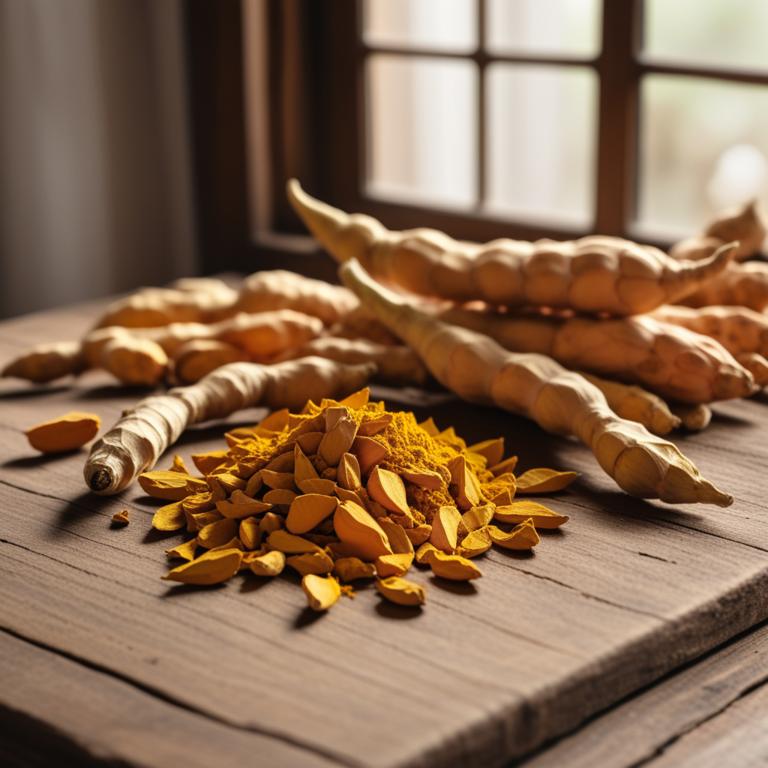
Cholecystitis: Causes, Symptoms, Medicinal Herbs, and Therapeutic Herbal Preparations

Overcoming Loss of Appetite: Causes, Medicinal Herbs, and Herbal Remedies

Sour Taste in Mouth: A Guide to Medicinal Herbs and Preparations
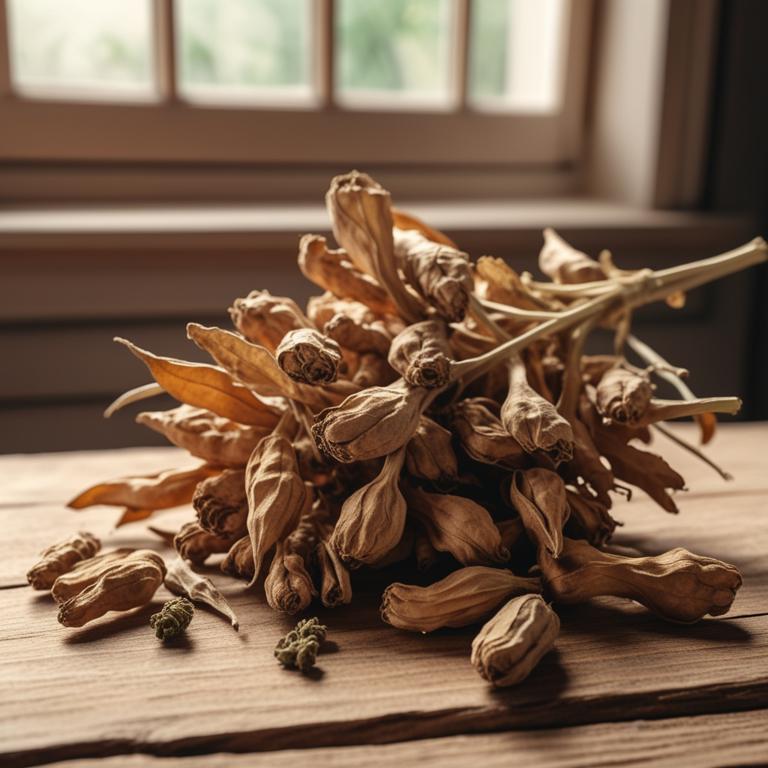
Indigestion Relief with Medicinal Herbs and Herbal Preparations: A Comprehensive Guide
